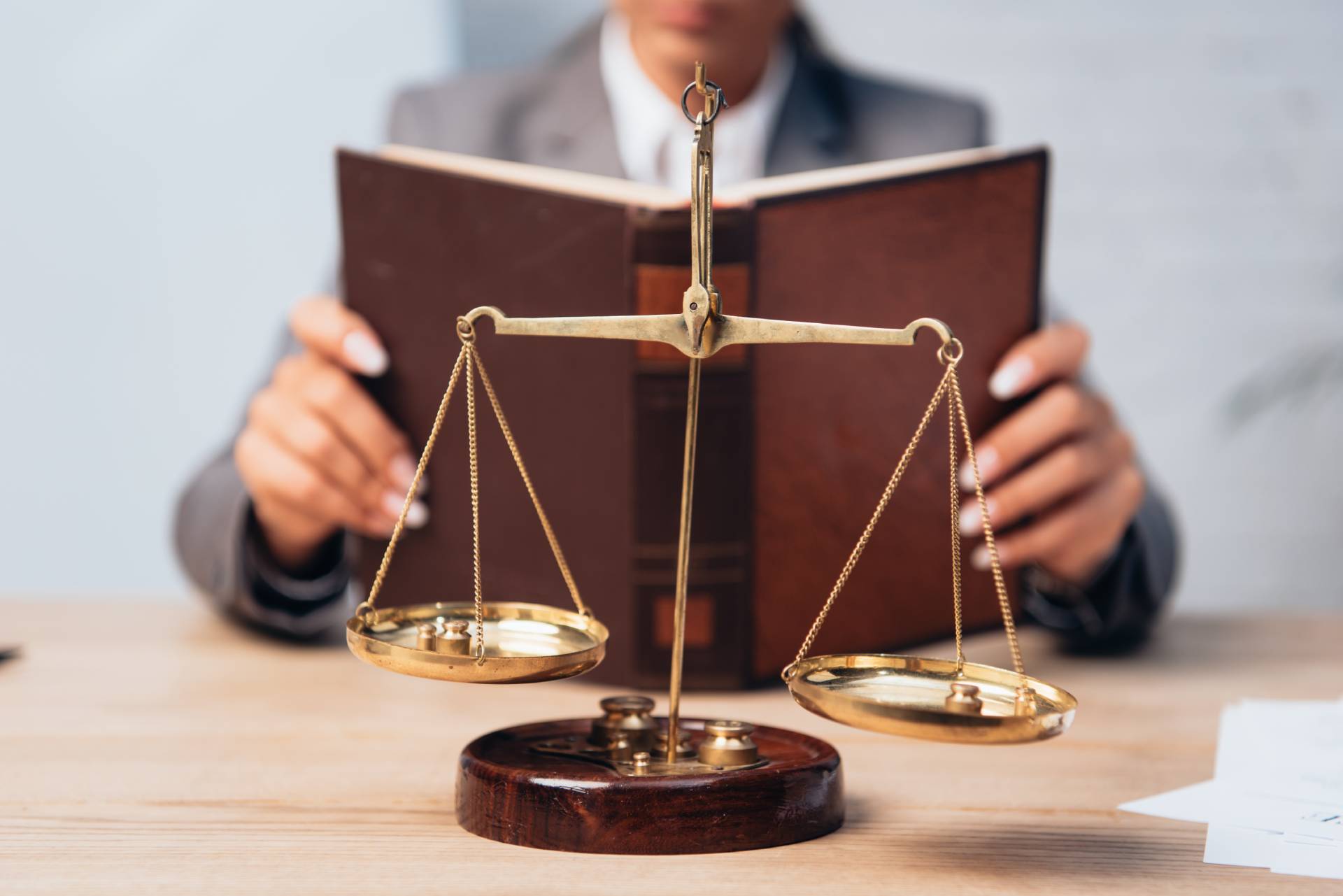What does the bankruptcy trustee investigate?
There are a lot of reasons why people file for bankruptcy, but they all have one thing in common: they want to get rid of their debt. To do that, the trustee will need to investigate your life and finances from top to bottom. The goal is not just to figure out if you’re eligible for bankruptcy relief, but also what caused you so much financial distress in the first place.
What is a bankruptcy process?
A person or firm that is unable to repay its outstanding liabilities goes through the bankruptcy procedure. The bankruptcy process is made up of various steps. The first step in the procedure is filing, which can be done by either an individual or a business that owes money to its creditors and cannot repay it.
Who can file for bankruptcy?
The debtor who is either an individual or a business files a voluntary bankruptcy petition which will notify everyone on the debtor list in the bankruptcy to notify them of the filing, this, is the most frequent type of filing. The creditors can also file a bankruptcy petition on behalf of the debtor, which is known as an involuntary bankruptcy, though this is less common. The assets of the debtor, including real estate, are all weighed and assessed. They might be used to repay a part of the outstanding debt or even the total debt.
Advantages and disadvantages of filing bankruptcy
Depending on which sort of petition you submit, declaring bankruptcy can help you avoid having to repay your debts and preserve your house, vehicle, business, or other potential assets. However, declaring bankruptcy will negatively impact your credit, and lowering your credit score might make it hard to obtain car loans, house mortgages, or even a credit card.
What does the bankruptcy trustee investigate?
Whenever you file for bankruptcy, you will have a trustee assigned to your case. The bankruptcy trustee thoroughly examines your bankruptcy petition and supporting documents such as tax returns, pay stubs, property deeds, mortgages, and bank statements to look for hidden assets, avoidable transactions, and other irregularities before you are allowed your final discharge. This means that the bankruptcy trustee needs access to all your financial records, bank account information, monthly payments, total monthly income, and any other financial documents dating back to 6 months and in some cases 2 years.
Will a bankruptcy trustee always look for bankruptcy fraud?
The trustee will ask everything about your financial situation. If the bankruptcy trustee suspects fraud, he or she will take action if it appears that a fraudulent act might deprive creditors of the money they are owed. If necessary, it is the trustee’s job to also refer the case to the United States Trustee, which is a part of the department of justice while looking at your financial situation.
If a United States Trustee suspects fraud, it can bring federal criminal charges against the debtor seeking penalties and jail time.
What does the bankruptcy trustee investigate in a Chapter 7 bankruptcy?
The 341 meeting of creditors is required for everyone who files for Chapter 7 bankruptcy, whether it’s an individual or a business. The bankruptcy trustee—the individual in charge of your case—will verify your identity and ask you about your bankruptcy filing under oath at the hearing. Sometimes in Chapter 7 bankruptcy, the trustee may sell any nonexempt property for the benefit of the creditors, however, the debtor in most cases has the right to convert the case to Chapter 13 to avoid the assets from being sold.
What does the bankruptcy trustee investigate in Chapter 13?
If you file a Chapter 13, the trustee is required to do many of the same things a chapter 7 trustee would do, but the chapter 13 trustee does not sell your property. Instead, the chapter 13 trustee will require you to repay your creditors through your chapter 13 repayment plan the same amount that the creditors would have received if your property was sold by the chapter 7 trustee. . The trustee also collects all the chapter 13 plan payments and sends money to creditors each month as provided for in the chapter 13 plan. While looking into your financial affairs and bank accounts, the trustee examines whether you could—or should—pay more to creditors than what you’ve said in the Chapter 13 plan.
Do I need a bankruptcy attorney to face the bankruptcy trustee?
Beginning an attorney-client relationship is very important when filing for bankruptcy. In this confidential relationship, attorneys evaluate your bank statements, tax returns, and any other document of the estimated value for your real and personal property to accurately evaluate your case. They help you fill in your bankruptcy forms with case details, contact info, as well as helping you get together all your bankruptcy documents.
A bankruptcy lawyer will give you sound legal advice. You will have their law firm behind you to help you with anything the trustee asks. Yes, having professional help can help you avoid losing your assets to a trustee sale as well as provide sufficient evidence which a trustee will accept to evaluate your case.
Your bank account and the bankruptcy trustee
The bankruptcy trustee will examine your bank account. The trustees are beginning to delve into bank records more thoroughly. They discover hints of belongings that debtors may have sold or money that vanished without a trace.
The trustee will want to see at least 3 months of bank statements from the month you filed the case. The more months, the better.
Your trustee can request bank statements from you for all of the years in question. Bank statements can also be used to verify your income and expenses as stated to file bankruptcy.
Going to bankruptcy court
Federal courts handle all bankruptcy cases according to the United States Bankruptcy Code’s regulations. There are several types of bankruptcies, which are identified by their chapter in the U.S. Code.
Because bankruptcy has long-term financial and legal repercussions, it is highly advised to seek the assistance of a competent attorney. Filing pro se is the term used to describe people who file bankruptcy without the aid of an attorney.
How to find the best attorney listings?
The resources below can assist you in locating a bankruptcy lawyer if necessary. If you don’t have the cash to pay for an attorney, you may be eligible for free legal services. Many lawyers offer a free evaluation of your case, especially if it is a Chapter 7 bankruptcy.
- LSC – The Legal Services Corporation (LSC) is a private, non-profit organization that advances equal access to justice by offering financial assistance to more than 100 independent nonprofit legal aid organizations in each state, the District of Columbia, and U.S. Territories.
- American Bar Association – The mission of the American Bar Association’s Legal Services Division is to assist and expand access to justice for all people by providing legal assistance, counsel, and representation in the country’s civil, criminal, and military justice systems.
If you use Google, beware of any attorney advertising miracle legal advice. More than one bankruptcy attorney will do some paid attorney advertising to be at the top of website searches through automated technology.
There are also several websites where it will be considered a paid attorney advertising to access information about attorneys. In other states, a website’s content may be classified as a lawyer referral service.
If you are looking for professional help to fill bankruptcy forms, avoid lawyer referral services and third parties with any other automated technology. Look for direct contact information. Choose attorneys that have a recognizable law firm that can give you personal attorney-client attention. Sometimes a Google zip code search for lawyers gives the best result.
341 Meeting of Creditors
In any of these cases, the meeting of creditors is a hearing for all debtors. It’s also known as a 341 meeting since it’s required by Section 341 of the Bankruptcy Code. Because they are not obligated to attend, creditors do not waive their rights if they do not attend these meetings. Your attorney can help you with the filing date and any supplemental terms you will need to necessarily secure your bankruptcy discharge.
Learn more about bankruptcy trustees
Bankruptcy is a legal process that allows debtors to get a fresh financial start while still protecting their property and assets. Babi Legal Group’s bankruptcy attorneys have several years of experience advising people on how to successfully navigate the bankruptcy process by addressing all of their concerns, from A to Z to successfully obtain your bankruptcy discharge.











